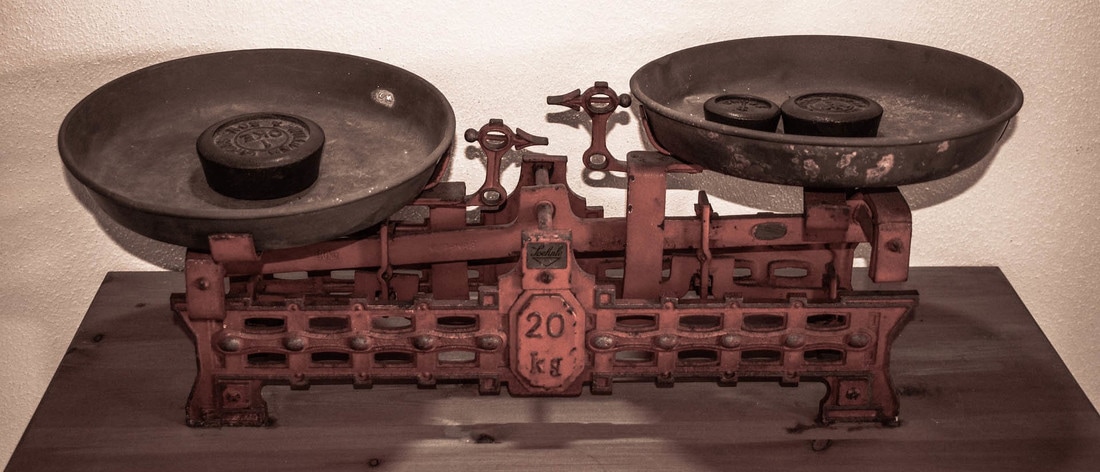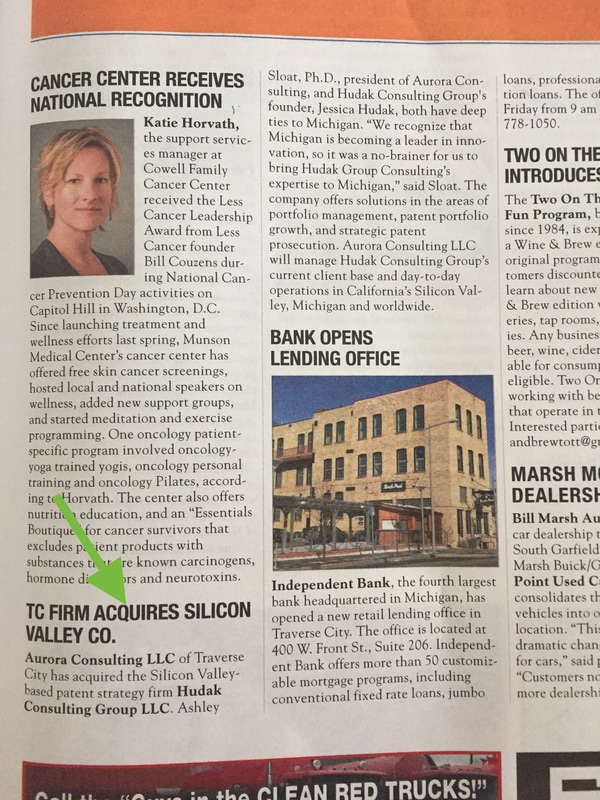|
By: Ashley Sloat, Ph.D., President of Aurora Consulting LLC The Manual of Patent Examining Procedures states: “As a general rule, where software constitutes part of a best mode of carrying out an invention, description of such a best mode is satisfied by a disclosure of the functions of the software. This is because, normally, writing code for such software is within the skill of the art, not requiring undue experimentation, once its functions have been disclosed.... Thus, flow charts or source code listings are not a requirement for adequately disclosing the functions of software.”
However, it is becoming apparent that this no longer applies. Courts no longer want to allow generic computer components or functional software language. Courts want the specifics of exactly how the software will carry out the functions. As recited in the nonprecedential opinion in Clarilogic v. FormFree Holdings, “To be sure, claiming an algorithm does not alone render subject matter patent eligible.” Consider alternative drafting strategies, like including pseudocode, specifically indicating which components will execute which steps, how a component executes a particular step, how components work together, etc. Remember, many judges are not subject matter experts so even though it may seem obvious to you, it may not seem obvious to a judge deciding your patent’s fate - so include the details.
0 Comments
By: Ashley Sloat, Ph.D., President of Aurora Consulting LLC Let’s start this post by my confessing that I love the Oxford comma and am therefore a bit biased. BUT, this article is just too good to not post – plus I think it has a good message for patent drafters out there. This Maine appeals court case hinged on the presence or absence of the Oxford comma (also referred to as a serial comma). The appeals court decided that the absence of the Oxford comma left too much ambiguity in the interpretation of Maine’s overtime laws resulting in the delivery drivers of Oakhurst Dairy finally receiving their long overdue overtime pay. See the article here.
What does this mean for patent drafting? If you don’t want your descriptions or lists to be considered too ambiguous or indefinite for reasonable interpretation, consider adding the Oxford comma back into your drafting repertoire! By: Ashley Sloat, Ph.D., President of Aurora Consulting LLC So you have a great idea and you want to protect it with a patent. Your gut reaction is to seek out a patent attorney, but then wait - you also hear about another type of patent practitioner - a patent agent. You ask yourself “what is the difference?” and “why would I choose one over the other?” Well, at long last, we are here to answer your questions. First, both patent agents and attorneys have taken and passed the patent bar, which is a test that measures knowledge of the laws and rules in the Manual of Patent Examining Procedures (MPEP). However, only patent attorneys have completed law school and very likely taken a state bar exam. Thus, if you need any of the following services, a patent agent or attorney suffices.
In fact, many law firms employ patent agents behind the scenes or client-facing patent agents to perform many of these services. Outside of USPTO-related drafting and correspondences, patent agents can support due diligence efforts, perform prior art searches, communicate with foreign associates, and support foreign associates in responding to correspondences received from other countries, just like attorneys. However, formal opinions related to due diligence and freedom-to-operate need to be authored by an attorney. Lastly, there is the issue of money. In general, due in large part to the overhead that comes with law firms, patent attorneys will be more expensive as compared to patent agents. In sum, the following table should help streamline your decision making process.
Regardless of the patent practitioner you choose - patent agent or attorney - you should always ask yourself the following questions:
An excellent or even good patent practitioner, whether she has the title of agent or attorney, will know relevant and recent updates in case law, be able to learn new or less familiar technologies quickly, and work to meet your budgetary constraints. At Aurora, we are very passionate about what we do and take pride in our answers to these questions. Our clients resoundingly agree. By Ashley Sloat, Ph.D., President of Aurora Consulting LLC In February 2017, the U.S. Chamber of Commerce released its 5th annual International IP Index. The index is used to score 45 global economies, representing roughly 90% of global GDP, based on six categories of IP protection: patents, copyrights, trademarks, trade secrets and market access, enforcement, and ratification of international treaties.
One of the most interesting tidbits from this report is not that the U.S. is ranked first, but that several economies are rapidly gaining on the U.S. The U.K., Germany, Japan, Sweden, and France are all within two points of the U.S. ranking, some within a fraction of a point. Now of course, it is great that other economies are strengthening protections and values around IP; this is desireable in a global economy. What is disheartening is that the U.S. is seemingly becoming a place of uncertainty, at least in certain respects, when it comes to IP. This uncertainty is in large part due to changes brought about by the America Invents Act (2011) and the recent courts cases: Alice Corp. v. CLS Bank International (2014) and Mayo Collaborative Services v. Prometheus Laboratories, Inc. (2012). In fact, the report states: “looking at the results for Category 1: Patents, Related Rights, and Limitations, the U.S. falls from 1st to 10th behind most European economies included in the Index as well as Singapore and Japan.” p. 18. The report cites new difficulties encountered by patent owners in post-grant proceedings and achieving patent protection for software and biological innovations. I absolutely agree - and we encounter these difficulties almost everyday in our practice (although we are able to fight our way through them frequently!). The silver-lining is that the ship has not sunk yet and as more court cases are decided, more adjustments will be made to the framework, hopefully helping patent owners regain some of the footing that was lost. We are a boutique patent strategy firm serving clients across the globe. Let us help you on your patent strategy journey!
|
Ashley Sloat, Ph.D.Startups have a unique set of patent strategy needs - so let this blog be a resource to you as you embark on your patent strategy journey. Archives
July 2024
Categories |





 RSS Feed
RSS Feed